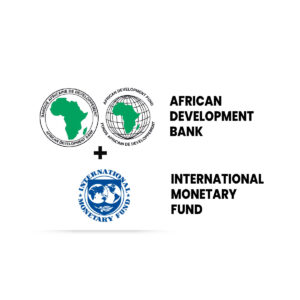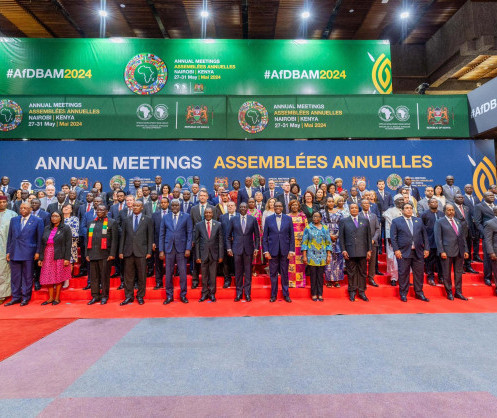Addis Ababa – African leaders have greenlit the African Credit Rating Agency (AfCRA), a homegrown initiative to provide fairer credit assessments and counter biases from international agencies like Moody’s, S&P, and Fitch, which have long been accused of misrepresenting the continent’s economic realities, and hobbling Africa’s access to global markets. Unveiled at the African Union’s 37th Ordinary Session in February 2025, AfCRA will harness local expertise to provide ratings that reflect Africa’s economic realities, with operations based in Addis Ababa and a regional hub in Harare hosted by the African Export-Import Bank (Afreximbank). The initiative, backed by $1 million in seed funding and targeting $5 million by mid-2025, seeks to cut the 200-basis-point premium African nations pay due to external misjudgments.
The move stems from a 2019 AU resolution, spurred by frustration over global agencies’ downgrades of 17 African nations during the Covid-19 pandemic, despite fiscal recovery efforts, as highlighted in a 2023 study by the African Peer Review Mechanism (APRM).
With a launch target of June 2025, AfCRA, backed by the APRM, will be led by an interim board chaired by South African economist Misheck Mutize. It will assess governments, state enterprises, and private firms, using local insights to reflect resilience and growth potential often overlooked by outsiders will assess economies holistically, factoring in sustainable development and financial inclusion alongside traditional metrics. This shift promises cheaper ratings, better borrowing terms, and heightened investor confidence, potentially unlocking billions for governments and businesses across the continent.
Unlike its global counterparts, AfCRA will focus solely on African economies, using region-specific data and development-oriented frameworks to provide fairer credit evaluations, bolstering financial markets across the continent. The agency aims not to supplant existing players but to complement them with an African lens, amplifying the continent’s voice in financial circles.
To ensure credibility, AfCRA will operate under a robust framework designed to prevent conflicts of interest, employing skilled professionals and transparent methodologies that blend quantitative and qualitative factors. Partnerships with respected institutions and stakeholder engagement—spanning governments, businesses, and civil society—will reinforce its impartiality and accountability. As preparations advance, including stakeholder consultations and capacity building, AfCRA invites collaboration from global and local players to refine its practices. Set to reshape how Africa’s financial risks are perceived, the agency marks a bold step toward economic sovereignty and a fairer global financial narrative.
South Africa’s Finance Minister Enoch Godongwana praised its potential. “For far too long, Africa has borne the burden of ratings that do not reflect our economic realities or resilience. AfCRA will ensure fair assessments that align with our growth trajectory and unlock affordable financing,” he said. APRM CEO Claver Gatete added, “This agency will amplify Africa’s voice in global finance, correcting misrepresentations and fostering economic sovereignty,” and noted, “Africa has been at the mercy of external rating agencies for too long, often resulting in unfair downgrades that do not reflect our realities.”
Read: African Nations Pledge $50 Billion to Electrify Continent by 2030
Afreximbank President Benedict Oramah emphasized market benefits. “Establishing an African credit rating agency will allow for a balanced and accurate assessment of credit risk in African markets,” he said. Mutize clarified its mission: “AfCRA aims to provide ratings that reflect the true economic potential and risks in Africa, challenging the often punitive and biased ratings from international agencies.” Gatete framed it as a turning point: “With AfCRA, Africa takes a bold step toward controlling its financial narrative and securing its economic future.”
Read: Mahmoud Ali Youssouf Elected African Union Commission Chairperson
Kenyan President William Ruto, a vocal proponent, stressed its necessity. “An African credit rating is not just an alternative; it is, in my opinion, an imperative. Africa will not continue to accept being misjudged by scales that overlook our reality,” he said. AfCRA will complement global agencies, blending quantitative data with qualitative factors like infrastructure and governance to lower rating costs and reshape perceptions.
As the world’s fastest-growing continent, Africa stands to gain if AfCRA succeeds. The agency could unlock billions in investment by correcting inflated risk premiums, aligning with AU autonomy goals. Its launch marks a shift toward self-reliance, challenging a global financial order where Africa’s 54 nations have been sidelined.






















